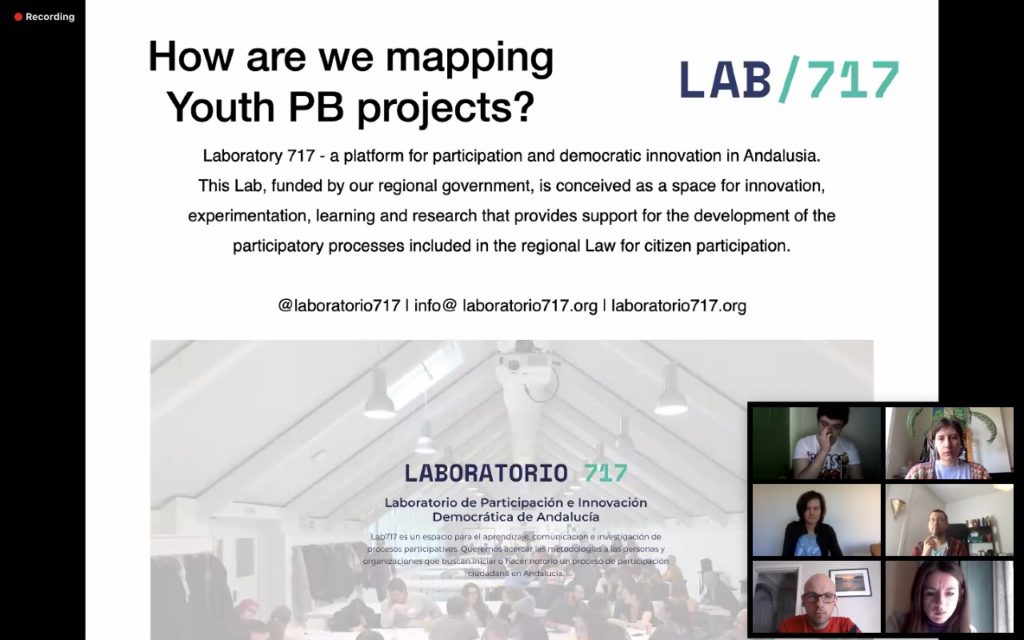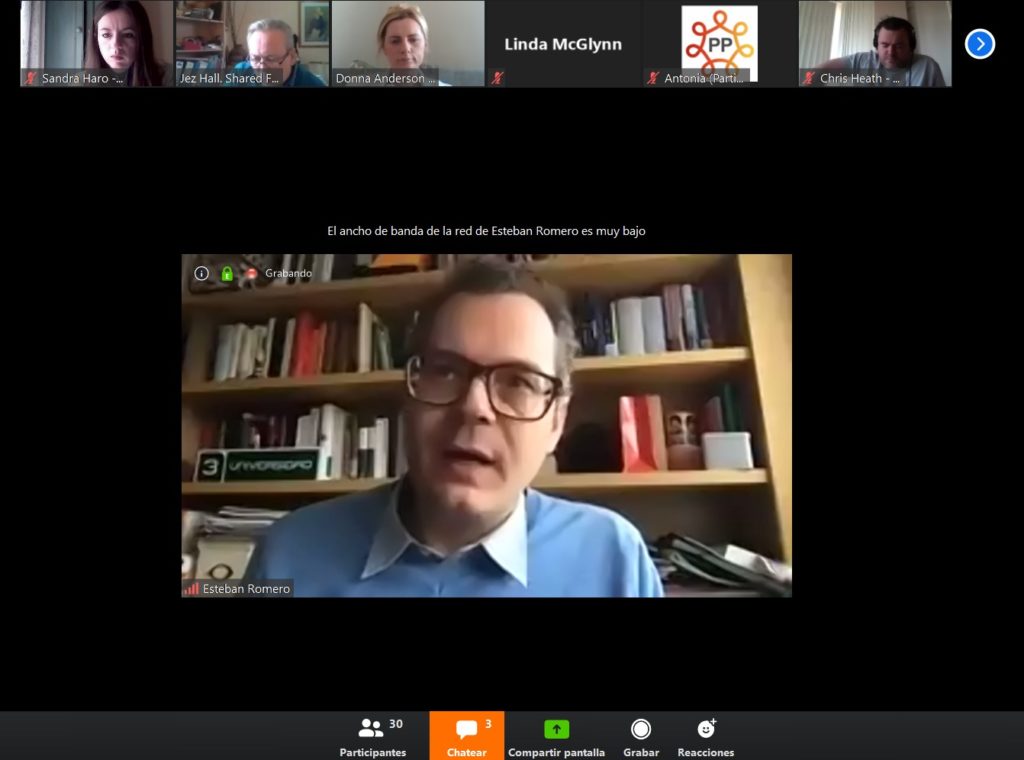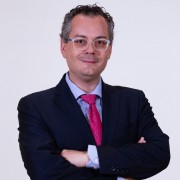La semana del 20 al 24 de abril teníamos programada una serie de actividades en Glasgow en el marco del proyecto Erasmus Plus “Youth PB Accelerator“. Debido a la situación de confinamiento producida por la pandemia del COVID-19, se cancelaron las actividades y se programó una serie de tres talleres online para los días 21 y 22 de abril. En el primer desarrollamos un intercambio de experiencias en el que he tenido la oportunidad de presentar el Laboratorio 717 de participación e innovación democrática de Andalucía junto con dos casos desarrollados en nuestra región.
Este es el texto de la intervención que desarrollé ante una audiencia de más de 30 personas de diversas partes de Europa, principalmente de Reino Unido.

Good morning. Thank you all for being with us talking about PB in these difficult times. I am the director of Medialab UGR a Research Laboratory for Digital Culture and Society. We are involved in projects around open science, public and social innovation and citizen participation.
One of the projects that we are leading in our region is the Laboratory 717 – a platform for participation and democratic innovation in Andalusia. Andalusia is a region in southern Spain with more than 8 millions inhabitants. This Lab, funded by our regional government, is conceived as a space for innovation, experimentation, learning and research that provides support for the development of the participatory processes included in the regional Law for citizen participation. As long as promoting childhood and youth participation is one of the key mandates of the law, we used the Lab as our main tool to identify and map some Youth PB initiatives.
Here I will briefly introduce two of these cases.
The first case takes place in the town of Peligros, near Granada, with more of 11 thousand inhabitants. The Peligros municipality created a program called “R’U’talking2me?”. This project aims to promote youth participation in decision-making on issues that directly affect them and are related with the town where they live. The main topics addressed in this initiative are: local equipments, culture and festivals, activities for youth people, equality, education and the environment. This project was developed in the different schools of the town, with the supervision of teachers and political leaders of the city council.
This project arises from the understanding that, in order to respond to the citizen mandate received in the local elections, political leaders must continue to develop new management models, based on participatory and communication methodologies, transparency and the recovery of people’s trust in public institutions.
The process involved kids 11 years old and older and took place in 4 different phases. To start with, the students brainstormed on the topics proposed above, and the two most relevant to them were voted on.
In the second phase, a general youth assembly was organized. The role of assembly was to discuss and vote all the proposals brought in by schools, the municipal youth collectives and other young people.
Thirdly, the proposals selected in the general youth assembly were taken to a viability commission, in which there were politicians, technical teams, and residents of each neighborhood, who studied each and every one of the proposals, and assessed which were the most viable to implement in the municipality.
In the final phase, they voted the proposals. The 10 most voted proposals were binding and were implemented during 2019.
The development of the project was considered a complete success, both by the organization and by the young participants. The youth demands to continue with this kind of experiences periodically in the years to come.

The second case is called Ágora infantil. It is promoted by the Coglobal association and, since 2014, has been already implemented in 65 municipalities in Spain and Uruguay. In our region, it has been also supported by the University of Malaga, the University of Huelva and the University of Cádiz with the aim of enriching democratic processes with the vision of the youngests. It was conceived as an instrument enabling the youth participation for the design, use and management of public spaces according to their needs. This is of special relevance in an adult-centric world where, without any previous practical training, young people over 18 are expected to vote and engage in other democratic processes with full awareness, knowledge and responsibility.
Implemented by the initiative of local governments with the collaboration of schools, the program is designed in such a way that the classrooms are decision-making spaces in which children and teenagers analyze their territory, share ideas, use PB, deliberate and collectively build proposals that appeal the City Council for further action.
The most recurrent topics addressed in these processes are: environment, sustainable development and global warming, but, most remarkably, gender inequality. For example, there have been many activities towards deconstructing gender stereotypes (with actions like ‘Colours have no sex’), as well as towards a fair redistribution of school resources and equipment (such as balls to play with in the break, traditionally given to or hogged unjustly by the boys), and many other I unfortunately have no the time to develop further.
Therefore, Ágora infantil as well as R’U’Talking2me? are two projects that share the values bringing us here today. Those of training the youth for a responsible and civil engagement with our democracies.

